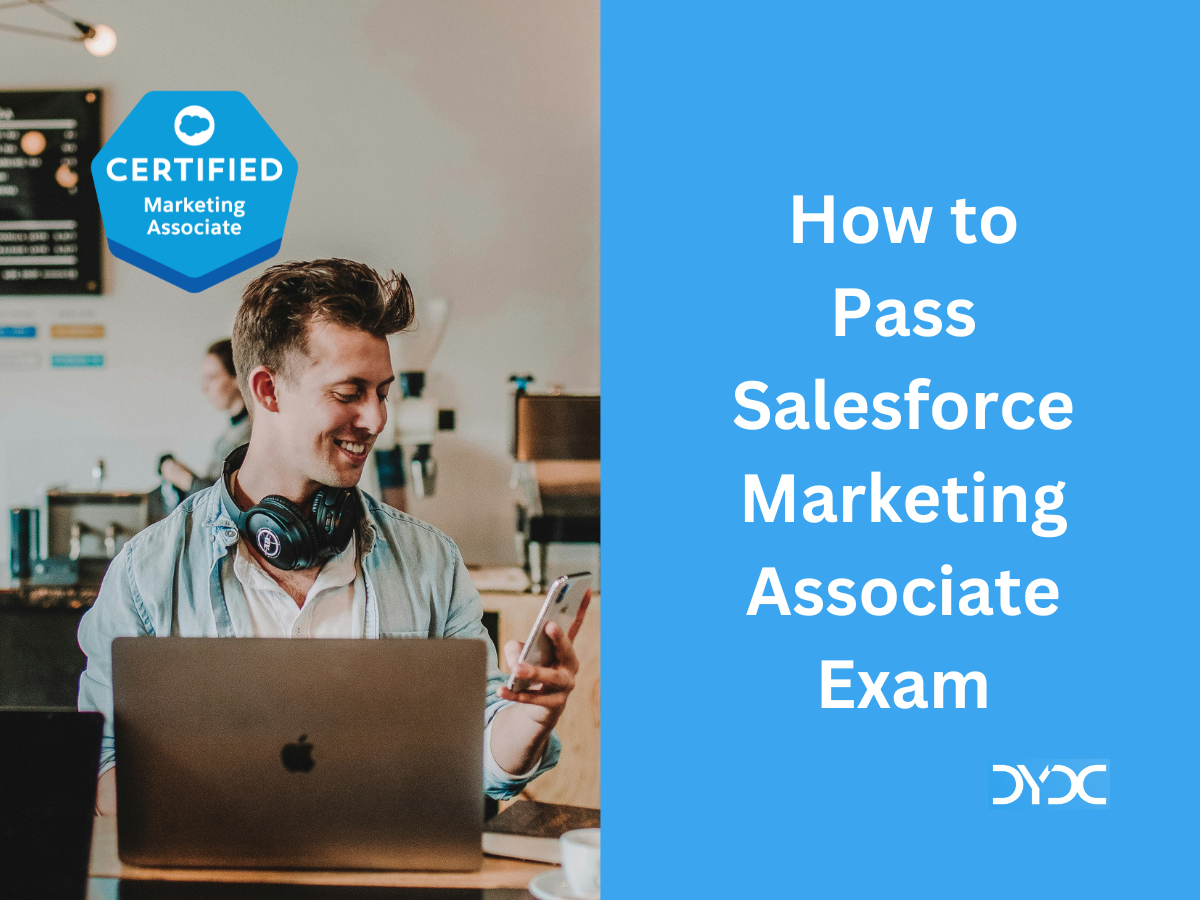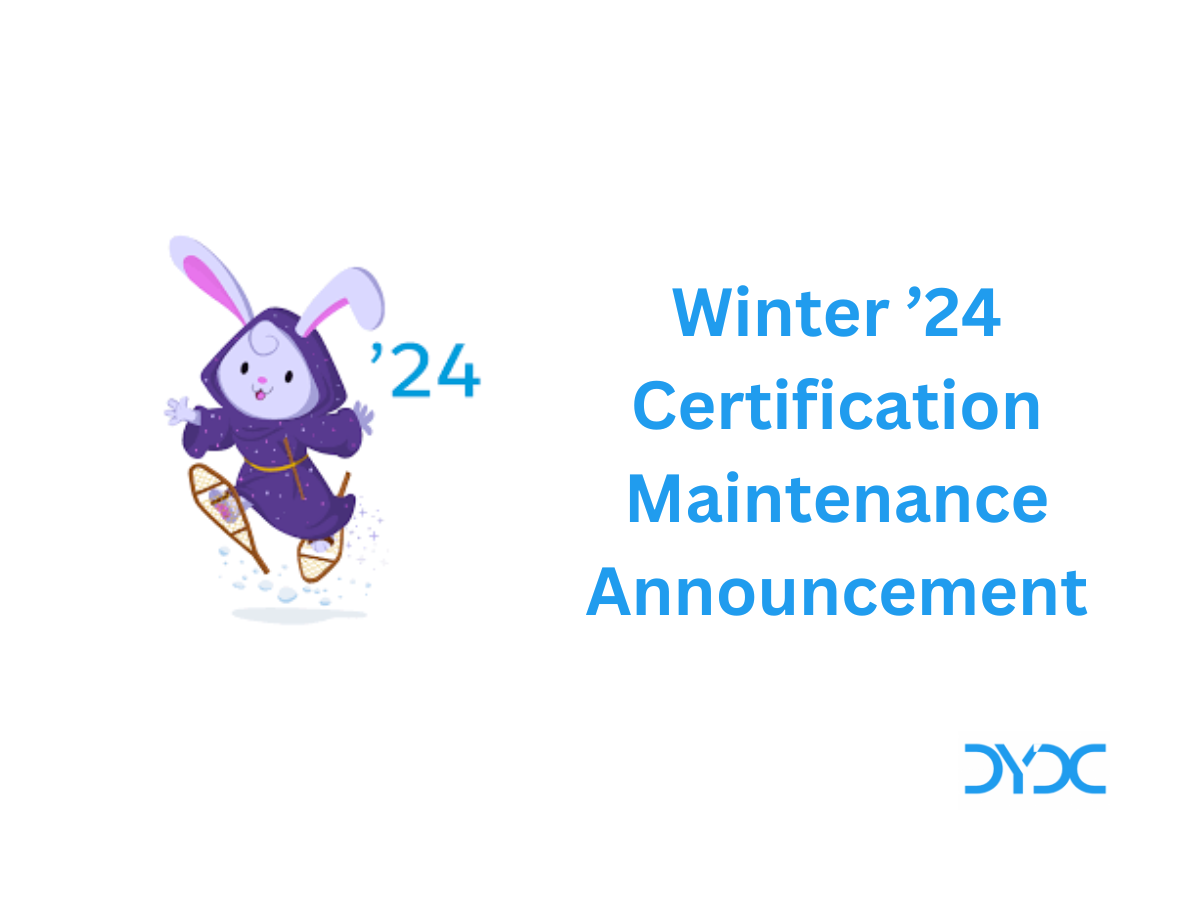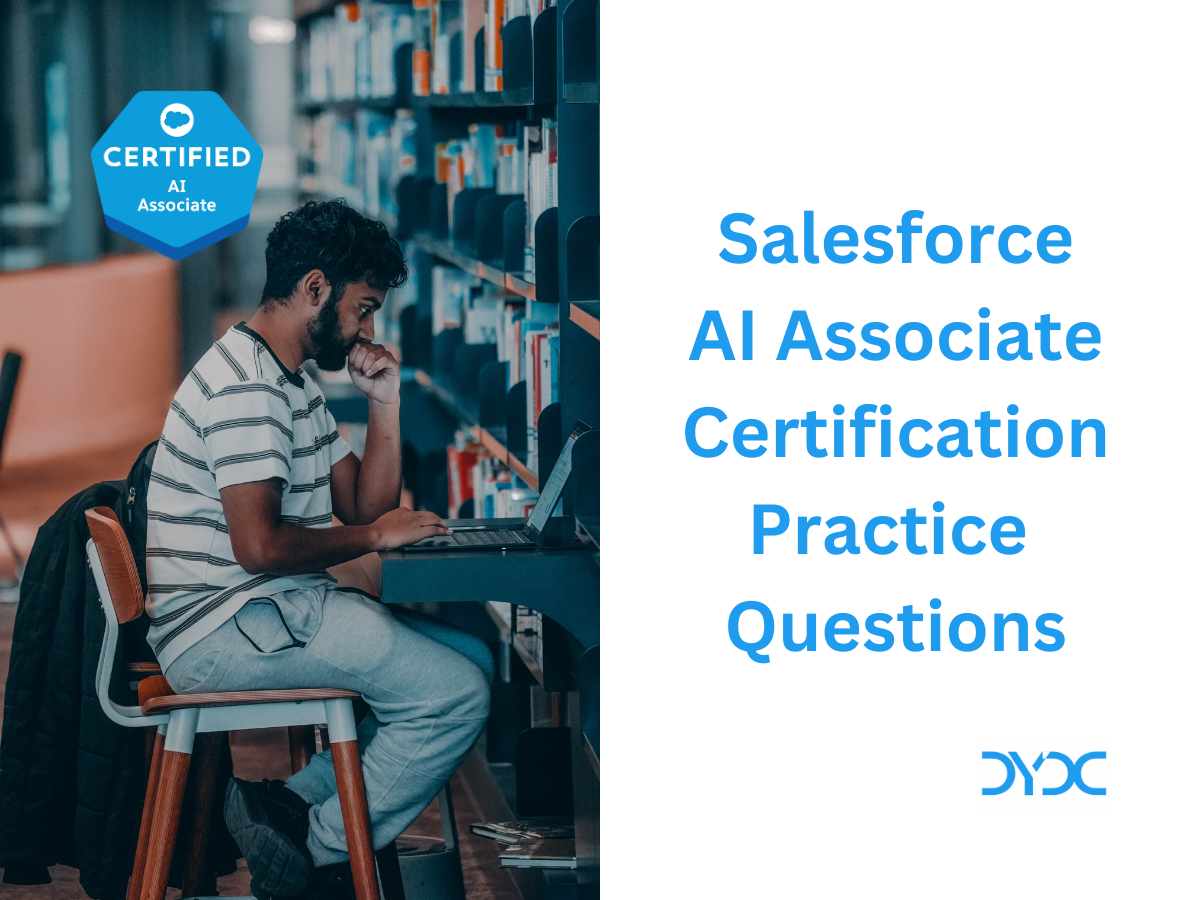Salesforce Marketing Cloud Personalization (Interaction Studio) Accredited Professional Exam Guide.
Note: Interaction Studio (formerly Evergage) is now known as Marketing Cloud Personalization.
The Marketing Cloud Personalization Accredited Professional exam is intended for an individual who has broad knowledge of theMarketing Cloud Personalization platform and its capabilities, understandsMarketing Cloud Personalization terminology, and should have hands-on experience positioning and implementing Marketing Cloud Personalization
1. About the Salesforce Marketing Cloud Personalization Accredited Professional Exam
- Content: 50 multiple-choice / multi-select questions
- Time allotted to complete the exam: 90 minutes
- Passing Score: 70% (35 out of 50 questions)
- Registration Fee: $150 plus applicable taxes
- Retake Exam Fee: $150 plus applicable taxes
- Prerequisites: None
2. Exam Outline
| Topics | Weighting | Questions |
|---|---|---|
| Solution Overview | 16% | 8 |
| Setup & Administration | 6% | 3 |
| Data Integration | 14% | 7 |
| Sitemap | 18% | 9 |
| Segmentation | 18% | 9 |
| Einstein Capabilities | 10% | 5 |
| Activation | 18 | 9 |
3. Salesforce Marketing Cloud Personalization AP Exam Study Course
Accredited Professional Exam curriculum is available on Salesforce Partner Learning Camp. Please refer to Accredited Professional Partner Community Page for details.
4. Important Topics for Salesforce Marketing Cloud Personalization AP Exam
- Real-time interaction management, or RTIM, is the ability to capture real-time consumer insights, and then use them to bring true personalization to every interaction with your brand—all in an instant.
- 5 ways RTIM helps you personalize the consumer experience.
- Recognition – Identify consumers across offline and online touchpoints, collecting data that expresses real behaviors and desires—what’s called behavioral data
- Context – Capture every activity across multiple channels, providing real-time, relevant insights on consumer behavior.
- Next-Best Action – Determine which offer, content, or message inspires engagement from the consumer.
- Orchestration – Coordinate delivery of the next best action to the right touchpoint at the right time—for every consumer.
- Optimization – Provide insights that help you get the best results not only from consumer interactions but also from your strategic planning.
- Marketing Cloud Personalization key features:
- Capture individual insights with data – Tracks data from multiple sources to gather information about every customer, prospect, and website visitor
- Personalize the experience – Interpret all of that data and make decisions in real time so that every interaction is relevant at the one-to-one level.
- Coordinate engagement everywhere – Interaction on one channel can be immediately factored into the next interaction on any other channel, whether online or offline.
- Test and analyze experiences – Optimize your personalization campaigns and customer engagement efforts through testing and analysis.
- Marketing Cloud Personalization benefits:
- Increase conversions with campaigns, personalized content, next-best action, and next-best offers.
- Onboard customers with lifecycle insights and optimization.
- Increase first-call resolution and decrease average call-handling time with self-service customer care.
- Retain more customers with renewals, relevant and timely campaigns, and targeted next-best offers.
- Create brand advocates with loyalty programs, improved customer experiences, and proactive customer service.
- Boost lifetime value with new tools to cross-sell and upsell.
- Marketing Cloud Personalization key terms and concepts:
- Affinity: A customer’s preference for a specific category that is relevant to your company, like women’s hiking shoes.
- Algorithm: A set of rules that allow artificial intelligence to solve a problem
- Catalog: Collection of products and content, as well as related categories, and tags (such as brand, gender, style, keyword, and author) that is updated in real time.
- Dimensions: A way of organizing catalog content like shoe style, to help narrow down a customer’s specific preference.
- Einstein Personalization Decisions: AI-powered predictions that determine what promotions will yeild the most customer interaction.
- Einstein Personalization Recipes: AI-powered algorithms that suggest product and content to individual visitors to return the most effective recommendations for your customers.
- Ingredients: Building Blocks of an Einstein Personalization Recipe. You can use one or multiple ingredients in a recipe to create more complex algorithms.
- Promotions: Web or email offers that include a call to action or incentive to encourage visitors to click for more details.
- Segments: Groups of accounts or individuals that are updated in real-time based on criteria you define.
- Templates: A web template is a reusable framework that is used to create web personalization campaigns. Templates define what a campaign can render, from recommendations to images.
- Web Campaigns: A web campaign is a container or placeholder for a personalized experience based on a visitor’s behavior, affinities, preferences, location, or other qualifying criteria.
- Einstein Recipes include following elements:
- Ingredients: Ingredients are the core algorithms driving an Einstein Recipe. Select from a list of ingredients to return the most effective recommendations for your visitors.
- Exclusions: Exclusions add additional filtering criteria to your recipe. You can specify what items you do or don’t want to show in your recommendation, such as avoiding recommending products that are already in the user’s cart.
- Boosters: Boosters use a visitor’s affinity score to match that affinity and boost it in the recommendations query results.
- Variations: Variations are used to modify the returned results to provide more options to the user.
- Customer Personalization Flow

- Catalog Objects: Catalog Objects are used to build out an understanding of a customer’s business and can be linked together in order to define relationships between catalog objects. Example catalog object types include things like products, articles, blogs, promotions/offers, brands, styles, categories, etc.
- Profile Objects: Profile Objects provide increased data storage flexibility by allowing customers to easily configure and manage customizable objects on a profile in addition to the profile attributes already available. Example Profile Object types include things like Product Registrations, Vehicle Lease, Home Mortgage, Service Cases, etc.
- Navigate Marketing Cloud Personalization
- Add, Edit, and Delete Users and Roles
- Manage SFTP Users
- Interaction Studio Web SDK
- Validate JavaScript Beacon Deployment
- Install and Use the Salesforce Interactions SDK Launcher
- Understand the Unified Customer Profile Screen for E-Commerce
- Catalog Object Setup
- Profile Object Setup
- Modify Attributes at the User or Account Level
- Identity Management
- Promotions
- Sitemap Development in Marketing Cloud Personalization
- Campaign Debugger
- ETL Overview
- Understand and Build Segments
- Common Segment Examples by Function
- Send a User to Journey Builder Upon Segment Join
- Einstein Recipes
- Einstein Decisions
- Web Campaigns and Templates
- Web Campaign Creation Guides
- Triggered Campaigns
- There are five user-triggered and five catalog-triggered configurations for Triggered campaigns.
- User-Triggered
- Segment Join—Reach visitors who join any of the segments you select.
- Segment Leave—Reach visitors who leave any of the segments you select.
- Cart Abandonment Trigger—Remind visitors of the products they have in their carts.
- Browse Abandonment Trigger—Reach visitors who show an interest in a product, but move away from the page before adding the product to cart.
- Event Action Trigger—Reach visitors who perform any of the actions you select.
- Catalog-Triggered
- New Item in High Engagement Category Trigger—Alert visitors when new items are added to their favorite categories.
- Product Back in Stock Trigger—Alert visitors when a product they’ve viewed for a minimum amount of time over the lookback period is back in stock.
- Product Expiring Soon—Alert visitors when a product they’ve viewed for a minimum amount of time over the lookback period is expiring soon.
- Product Price Reduction Trigger—Alert visitors when a product’s price drops by a configurable amount or percentage.
- Create a Triggered Campaign
- Behavior Filters
- Catalog Filters
- Trigger Frequency
- Triggered Campaign Results
- Create an Open-Time Email Campaign
- Server-Side Campaigns
- Server-Side Templates
- Set Up Interaction Studio Connector for Sales and Service Clouds
- Reports and Analytics
- Data Warehouse
- The Marketing Cloud Personalization Data Warehouse
5. Additional Resources
Recommended Articles



Hi I am using this site to study for the exam I have next week. I hope this is sufficient. FYI your URLs don’t work anymore and need updating. I searched it in the help website where it redirects, however other things were found on developer.salesforce.